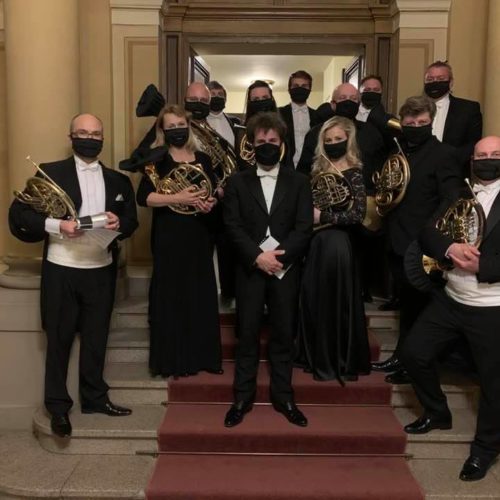His harpsichord concerto, for instance. Played by a pianist with a Paderewski hairstyle.

His harpsichord concerto, for instance. Played by a pianist with a Paderewski hairstyle.

Gotthold Schwarz, 67, will retire in June 2021 from the job that J S Bach made famous.
The successor will be appointed by the city council.
Needs to play the organ and run the choir.
Nothing in the job spec about being Christian.
The year 2023 will mark 300 years since Bach won the job.

Alex Beard, chief executive of the Royal Opera House, has written to supporters apprising them of the grave situation that has gripped all companies across the arts:
This global pandemic has disrupted all our lives in so many ways and we, like many other charitable arts organizations, find ourselves in an extremely challenging financial position having lost £3 in every £5 of our income.
There is, however, a silver lining:
By choosing to stand beside us as a Friend, you are already an important part of our community, for which we are all hugely grateful.I also know many of you have chosen to support us further through donating the cost of a ticket, or making an additional donation to help us in these difficult times. We cannot thank you enough for your generosity. This support enables us to continue to connect with you through our free programme of online broadcasts, whilst helping to ensure the future of opera, ballet, dance and music at the Royal Opera House.
Thanks to a generous anonymous donor, any donations made up until 30 June will be matched pound for pound, doubling the value of your gifts.
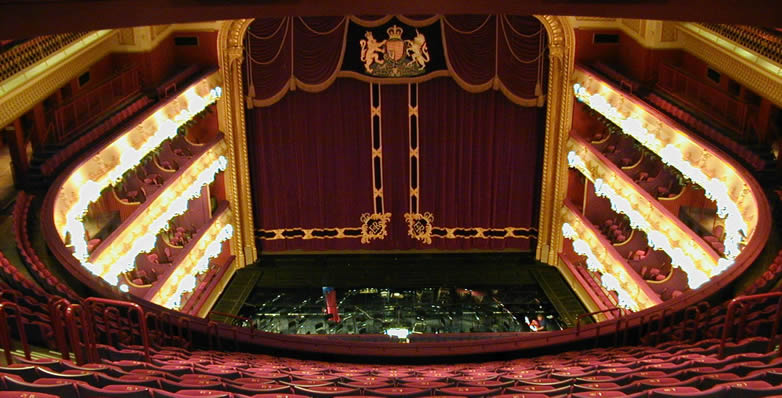
I’m watching tonight’s concert from Bavarian State Opera – a Handel aria in memory of Peter Jonas, a Mozart piano quartet and Jonas Kaufmann with his regular accompanist Helmut Deutsch.
In each instance, the pianist has a page turner.
When that person leans forward he or she is by no means two metres away from the pianist.
This is patently unsafe.
Nor is anyone wearing a mask.
What’s to be done?
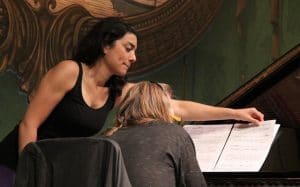
UPDATE: That’s no page-turner. He’s my partner
The longterm illness that today removed Katharina Wagner from the helm of the Bayreuth Festival leaves the event Wagner-free for the first time since the composer inaugurated it with the Ring in 1876.
The interim management of Heinz-Dieter Sense and Holger von Berg are answerable to a public trust and will not undertake radical change. But the absence of any Wagner is itself revolutionary. Katharina and her father Wolfgang removed all other members of the family from their fiefdom. She must now watch in frustration as strangers take it forward.
The hereditary leadership has not been broken, but it is damaged for the future, short term and long.
Katharina is unmarried and has no child.
Herr Sense is 81.
There is a power vacuum at Bayreuth.
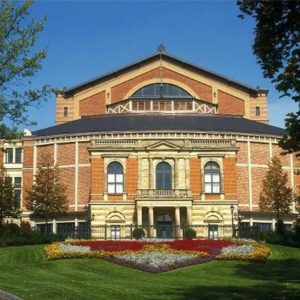
The Bayreuth Festival has announced that Katharina Wagner has a longterm illness and cannot continue as director ‘until further notice’.
The operation of the festival will be undertaken by an interim management.
This is all they are saying at the moment.
We wish Katharina a full recovery.
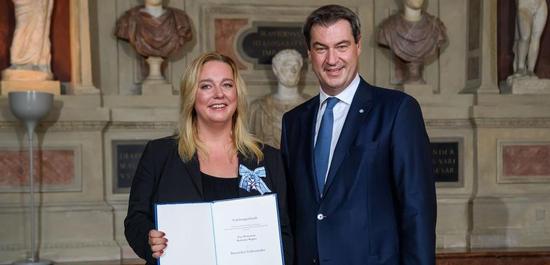
Full statement: Katharina Wagner sei längerfristig erkrankt und kann ihr Amt als Leiterin der Bayreuther Festspiele “bis auf weiteres” nicht ausüben, teilten die Festspiele am Montag mit. Der Betrieb der Festspiele wird durch eine Übergangslösung weiterhin gesichert.
UPDATE: Katharina Wagner, 42, became co-director of the festival in 2008 with her half-sister Eva Wagner-Pasquier, as successors to their father, Wolfgang Wagner. Katharina has been in sole charge since 2015. Her contract was recently extended to 2025.
It is understood that she is to be replaced in her absence by the former commercial director, Heinz-Dieter Sense, alongside the managing director, Holger von Berg.
UPDATE: For the first time, there is no Wagner in charge at Bayreuth
Dentists across France are staging a naked protest over the Government ordering them to go back to work without sufficient stocks of personal protective equipment. They have our unqualified support.

You will find a full gallery of protesters here.
If you are looking for a musical angle to this story, the British composer Wilfred Josephs was a qualified dentist, as was the Cuban composer Evelio Toles Soler.
Any more?
Christine Baranski, Meryl Streep and Audra McDonald
They made it for Steve’s birthday.

The soprano Ellen Chickering who bolstered a varied stage career with 36 years of teaching at the University of Southern Maine, has died at 77 of abdminal cancer.
She was a stalwart of Opera Boston and star of a recorded production of Samuel Barber’s Vanessa.
Obituary here.
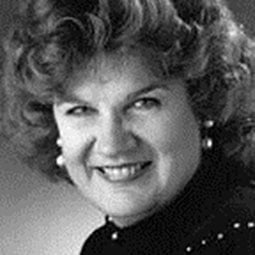
Two leading opera singers have published a vaguely-worded petition, asking Governments to act to keep the arts alive.
This is the nub of it:
Dear friends from all over Europe and the World, who share our musical brotherhood and appreciate the true value of what we bring every day to our society, know that your signature will be a fundamental support for the present and the future of the lyric world, but, beyond, to all the performing arts professions, now seriously threatened, whose activity so naturally permeates life, that everyone has even lost any consciousness of it. Support the artists, support an idea of Life that helps Life.
Jonas Kaufmann & Ludovic Tézier/Translation, Maria Prinz.
They want you to sign here.
In a couple of hours, they have 133 signatures.
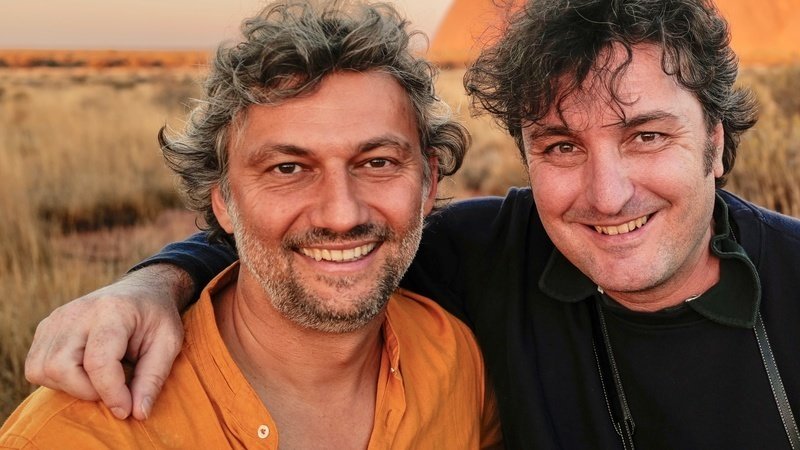
Opera Holland Park has published two excellent essays on periods in British history when music and theatres were shut down on Government orders – due to plague, war and political interference.
… It may be hard to imagine a worse situation for theatre than the current one, with venues across the country sitting dark with no knowledge of when they will reopen. But the actors, playwrights and theatre managers of the 17th century would have begged to differ.
Theatres of the Elizabethan and Jacobean eras were frequently closed down because of health scares and civil unrest – although these closure orders were frequently flouted.
Claire Cochrane, professor of theatre studies at the University of Worcester, says: “The current situation is almost unprecedented. The only comparison is really the plague outbreaks in the 16th century and the early 17th century – and then the really big outbreak in 1665 to 1666. In each case, the public theatres were closed to protect the public from infection.
“There were huge audiences at the theatre. If you think of Shakespeare’s Globe now, the audience is a good deal smaller than in Shakespeare’s day, when everyone was packed together,” she says, adding: “Plague spread so fast. It would have been horrific.”…
Read on here.
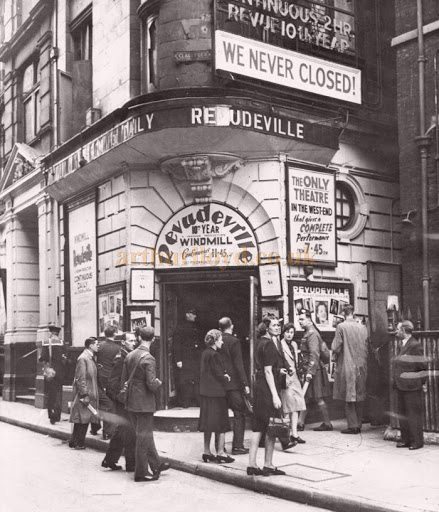
This was the the Czech Philharmonic’s benefit concert this weekend, played in front of an empty Rudolfinum and in accordance with Government health guidance.
Maybe all conductors should wear masks from now on.
